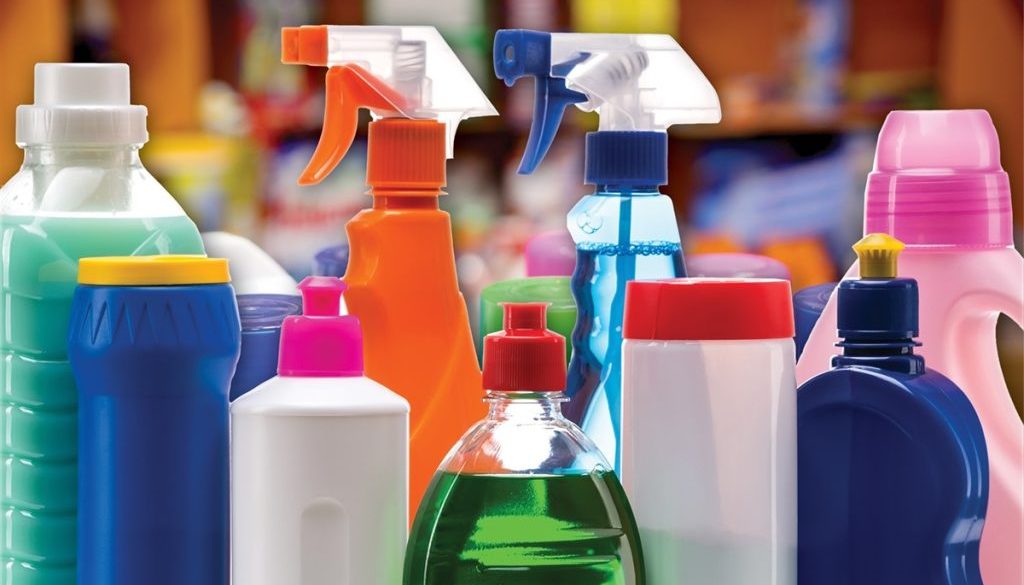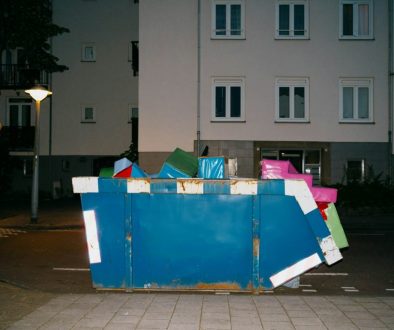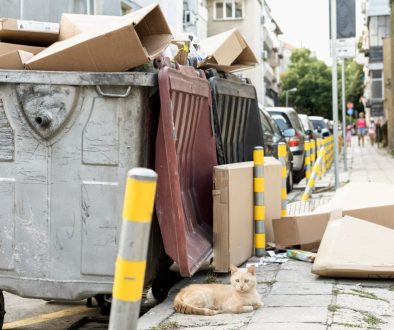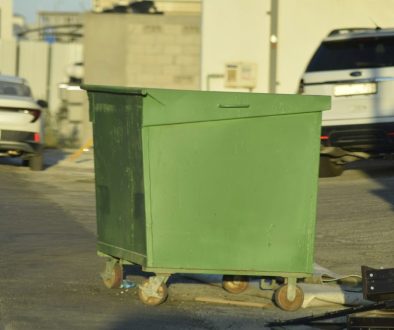Keeping your home safe involves more than just securing doors and windows. An often overlooked aspect is dealing with hazardous waste, which can be as harmful as any external threat. Items like old batteries, leftover paint, and certain cleaning products pose health risks if not handled with care. These seemingly mundane items can emit dangerous fumes or leak harmful substances, putting your family at risk.
Recognising the importance of safeguarding your household environment is the first step. Knowing which materials are considered hazardous and understanding the potential dangers they carry is essential to maintaining a safe home. With a bit of knowledge and a mindful approach, you can manage these wastes effectively, ensuring a healthier environment for your loved ones.
Identifying Hazardous Waste in Your Home
It’s surprising how many everyday items fall under the category of hazardous waste. Here’s a simple list to help identify them in your home:
– Batteries: Often found in kids’ toys and gadgets, they contain metals like lead and cadmium.
– Paint and Paint Thinners: Leftover paint can release toxic fumes if not sealed properly.
– Cleaning Products: Bathroom and kitchen cleaners may contain bleach or ammonia, which are harmful if ingested or mixed.
– Pesticides and Fertilisers: Common in garden sheds, these can be toxic to both humans and pets.
– Motor Oil and Antifreeze: Used in cars, these liquids are hazardous if they spill.
Why are these items considered hazardous? Their chemical composition can be dangerous to health and the environment. For example, batteries may leak corrosive substances, causing skin irritation or burns. Paint thinners and similar solvents are flammable, while cleaning products may release harmful gases.
Understanding this helps in taking the next steps to ensure these items are stored and disposed of safely, minimising risks in your living space. Simple knowledge goes a long way in protecting both your family and your environment from unforeseen hazards.
Proper Storage and Handling of Hazardous Waste
Keeping hazardous waste safe at home starts with proper storage. Choose a secure, dry place, preferably out of reach of children and pets. Ensure containers are tightly sealed to prevent leaks or spills. It’s wise to use labels so that everyone in the household knows the contents and the dangers they pose.
Safe handling also means using protective gear like gloves when necessary. For example, when dealing with cleaning products or paint, it’s good practice to wear gloves to avoid skin contact and potential irritation. Avoid mixing chemicals as reactions can be unpredictable and dangerous. A small mistake, like combining different cleaning agents, could create toxic gases.
By following these steps, you not only protect your family but also preserve the environment. Harmful substances, if not managed correctly, can easily make their way into the land, water, or air, creating numerous environmental issues.
Safe Disposal Methods
Disposing of hazardous waste isn’t as straightforward as tossing things in the bin. Items like paint, batteries, and chemicals should be taken to local recycling centres or specific collection points in your area. Some communities offer periodic hazardous waste collection days, making disposal more convenient.
When ready to dispose of these items, read the labels for any specific disposal instructions. Never pour chemicals down the drain or into the garden, as they can contaminate water supplies and harm wildlife.
Engaging a professional service can ensure that waste is handled properly. These services are equipped to deal with the disposal requirements safely and in compliance with local regulations.
Long-Term Practices to Minimise Hazardous Waste
Reducing hazardous waste is all about developing mindful habits. Consider switching to products with fewer harmful chemicals. Many eco-friendly alternatives on the market perform just as well as traditional products, but with less impact on health and the environment.
Buying only what you need also helps cut down on waste. If possible, purchase smaller quantities of paint, fertilisers, or cleaning products to avoid having surplus. Sharing excess supplies with friends or neighbours can prevent waste buildup and benefit others.
Making Your Home Environmentally Safe
Managing hazardous waste effectively makes homes safer for families and communities. By recognising hazardous items, storing and handling them correctly, and opting for proper disposal methods, we contribute to a cleaner environment and reduce risks to health.
Adopting long-term approaches in waste management results in fewer dangerous items in your home. With these practices, you ensure a healthier space for everyone, embracing habits that protect the planet and future generations.
Managing hazardous waste at home is important for keeping your family safe and your surroundings clean. If you’re local and looking for reliable help, skip hire in Frodsham through Enviro Skip Hire offers a simple way to get rid of harmful materials the right way, saving you time and giving you peace of mind.




